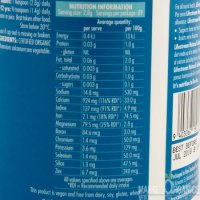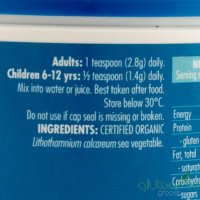So, after many years (4) of dropping all dairy from my diet, I decided to look into the RDI for calcium.
I quickly began to realize that the RDI was 1000mg for a Adult, Male. I am sure this would be higher for someone who exercises very intensely (me).
Doing some basic maths I noticed that I would never be getting anywhere near this amount on a daily basis.
There appears to be not many whole-food based calcium rich foods, apart from Sardines, Soy (Would never ingest this shi*), and a few others.
So I started trialing out a calcium powder at approx. 1500mg daily.
Noticeable effects (Within 5 days):
-Insanely less mental chatter
-Strong focus/ANTI-ADHD properties
-Stronger libido
-Increased vascularity
-Better sleep
-CALMNESS (You would think the opposite)
Now clearly I have had blood tests to prove that I am indeed NOT deficient in calcium, since I understand that the body can easily maintain homeostasis via pulling calcium from the bones.
How do you respond to calcium?
How many mg do you aim for per day?
I quickly began to realize that the RDI was 1000mg for a Adult, Male. I am sure this would be higher for someone who exercises very intensely (me).
Doing some basic maths I noticed that I would never be getting anywhere near this amount on a daily basis.
There appears to be not many whole-food based calcium rich foods, apart from Sardines, Soy (Would never ingest this shi*), and a few others.
So I started trialing out a calcium powder at approx. 1500mg daily.
Noticeable effects (Within 5 days):
-Insanely less mental chatter
-Strong focus/ANTI-ADHD properties
-Stronger libido
-Increased vascularity
-Better sleep
-CALMNESS (You would think the opposite)
Now clearly I have had blood tests to prove that I am indeed NOT deficient in calcium, since I understand that the body can easily maintain homeostasis via pulling calcium from the bones.
How do you respond to calcium?
How many mg do you aim for per day?


